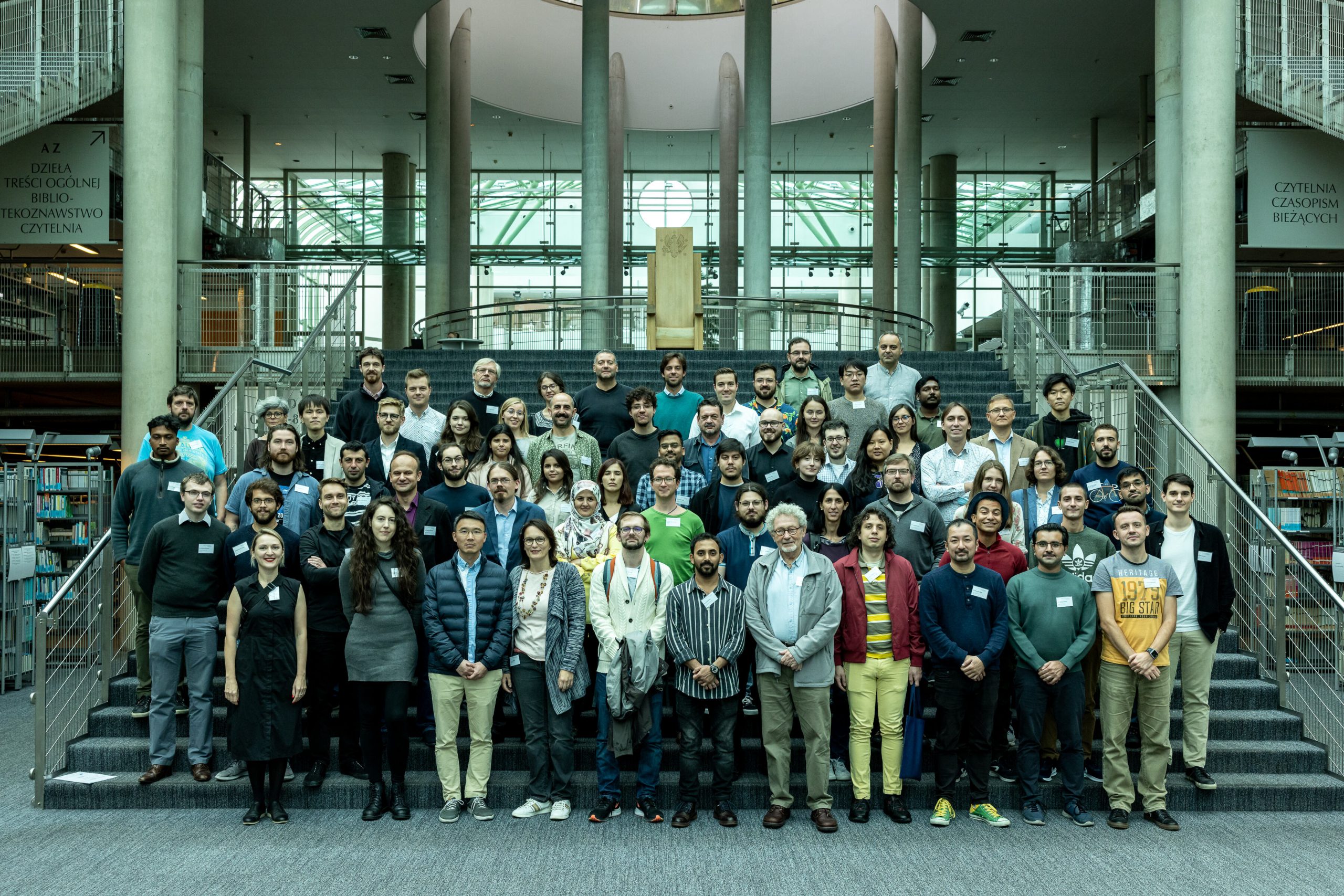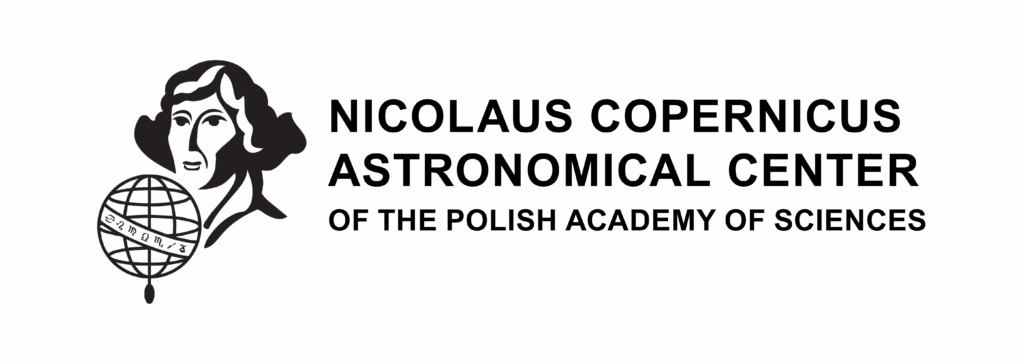On 21-23 September the LIDINE 2022 conference (Light Detection in Noble Elements) was held in Warsaw. This year it was organized by Nicolaus Copernicus Astronomical Center (NCAC) and, in particular, by AstroCeNT.
The objective of the LIDINE conference series is to promote discussion between members of the particle and nuclear physics community about detector technologies based on noble elements and their applications such as: dark matter searches, experiments measuring neutrino oscillations, solar and supernova neutrinos, coherent elastic neutrino-nucleus scattering, neutrinoless double-beta decay, neutron EDM, and medical physics.
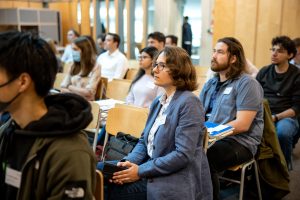
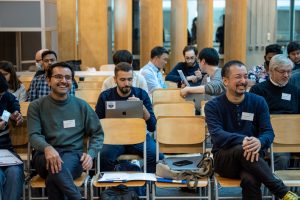
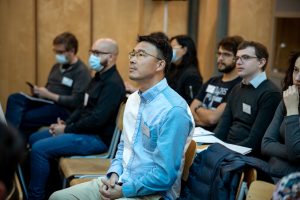
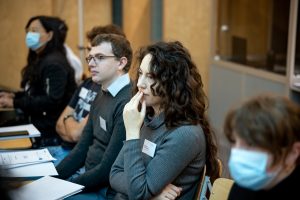
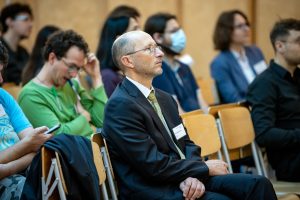
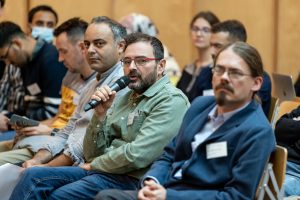
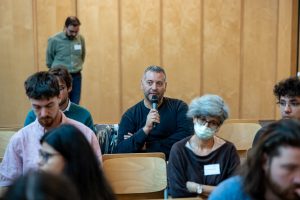
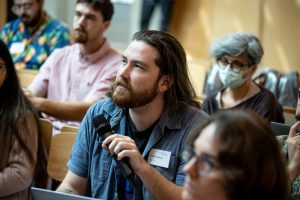
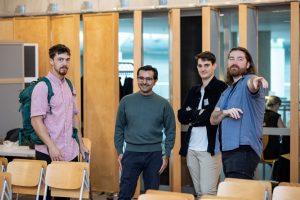
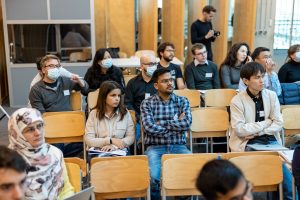
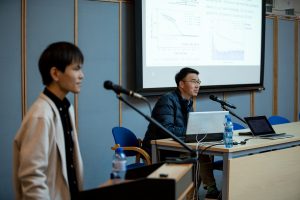
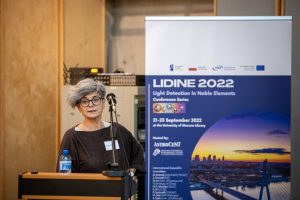
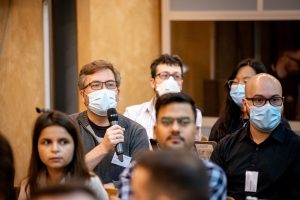
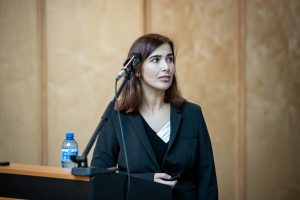
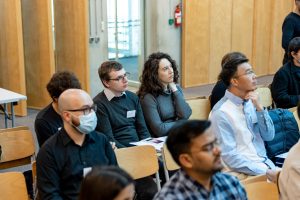
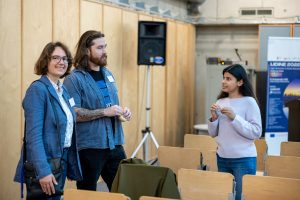
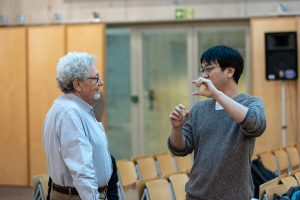
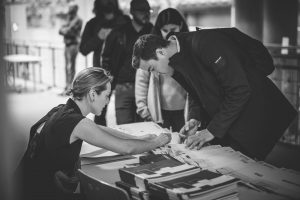
Fortunately, this year’s edition of LIDINE was held in person, in a magnificent building of the University of Warsaw Library. ~80 scientists from 16 countries had an opportunity not only to spend three fruitful days in direct contact with each other, but also get to know Warsaw, one of the most dynamically developing European capitals. Nevertheless, for those who were unable to come to Poland in person, access to the event was provided on the zoom platform.
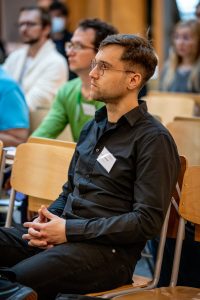
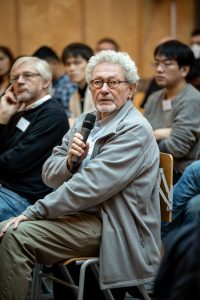
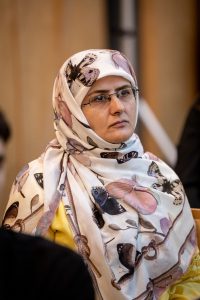
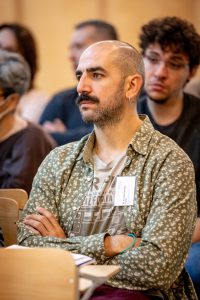
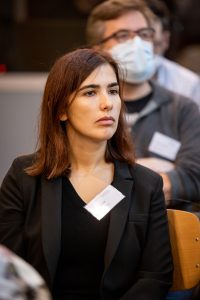
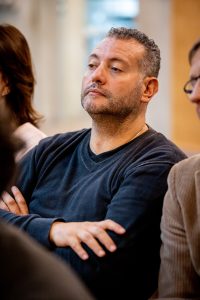
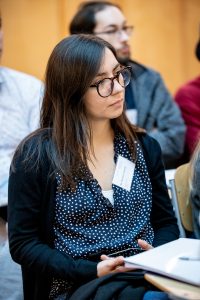
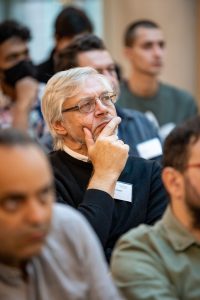
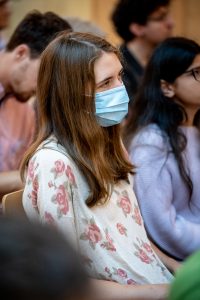
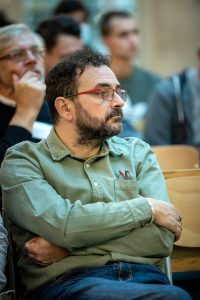
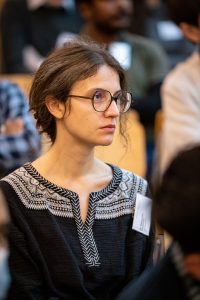
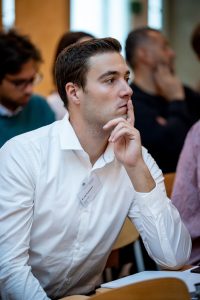
Thanks to the DarkWave project, the organisers were able to fund part of the organization costs as well as participation of seven early stage researchers from Brazil, Mexico, India, Switzerland and Italy.
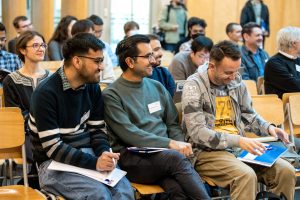
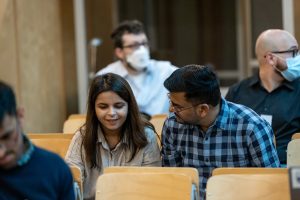
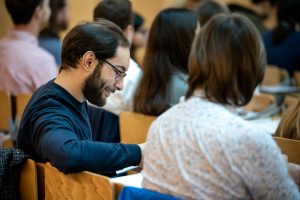
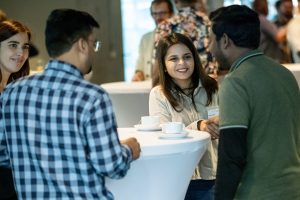
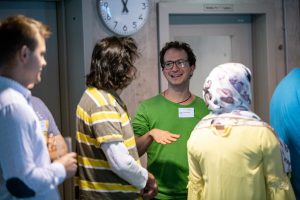
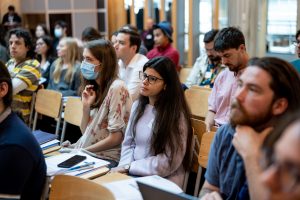
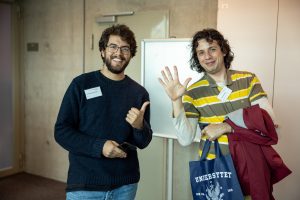
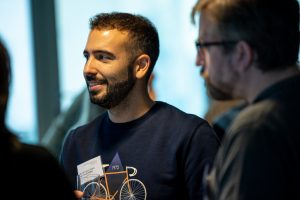
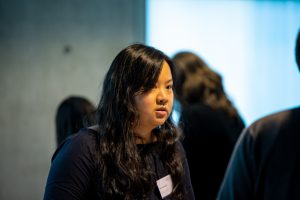
Some of the conference highlights included: the first public presentation of the new leading dark matter exclusion from DarkSide-50 (M. Kimura, NCAC), keynote overview talks by invited experts (T. Pollmann/NIKHEF, G. Zuzel/Jagiellonian U., A. Machado/UNICAMP), round table discussion sessions (moderated by V. Pesudo/CIEMAT and A. Terliuk/Heidelberg U.), and a poster session with the best poster competition for students (P. Cimental, U. Zuerich).
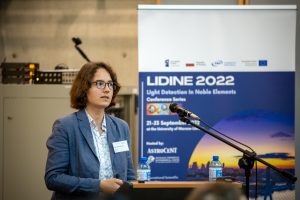
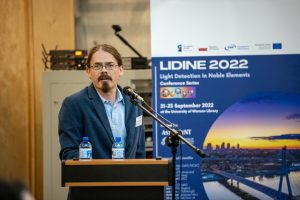
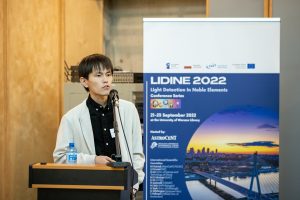
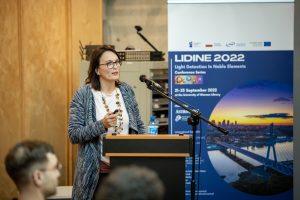
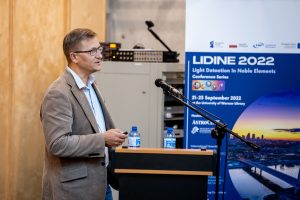
The final outcome of the conference will be the publication of the conference proceedings in the Journal of Instrumentation (JINST), which, as per the LIDINE tradition, will be peer reviewed.
As noted by the guests and organisers of the conference, events such as LIDINE are the best means of sharing knowledge, discussing recent results and prospects for cooperation. We hope that NCAC, and AstroCeNT in particular, will have many more opportunities in the future to host scientists from around the world.
The visual material for this article was produced with the financial support of the European Union.
